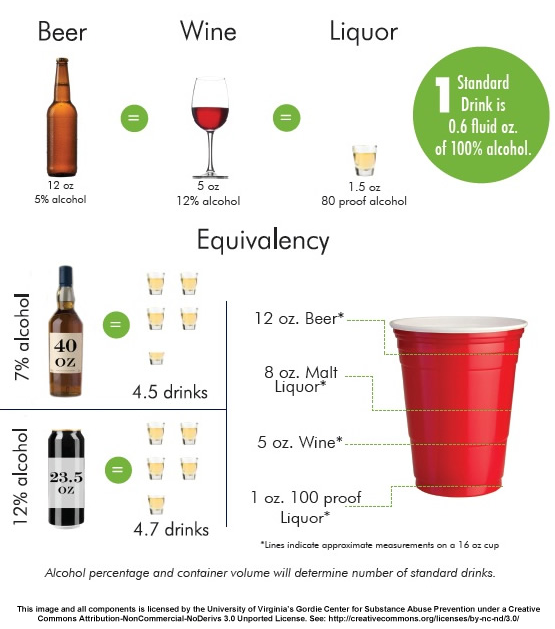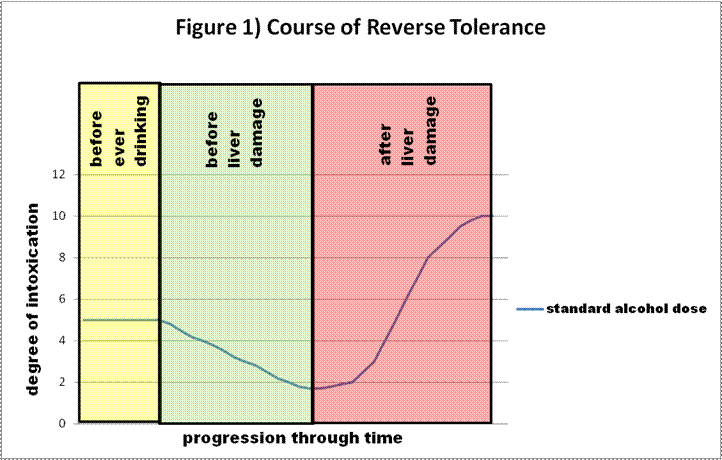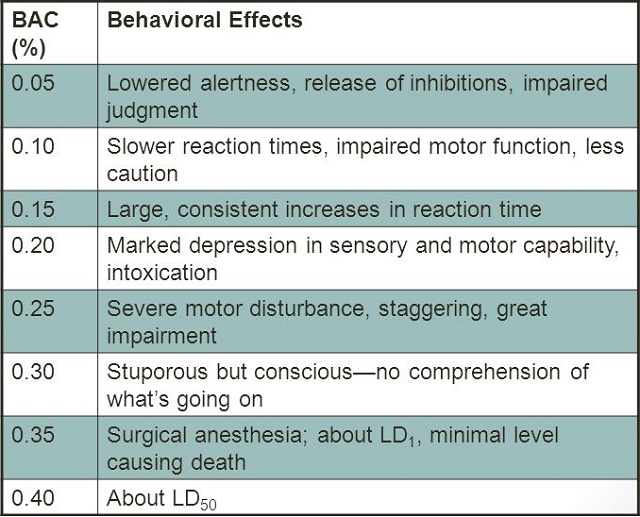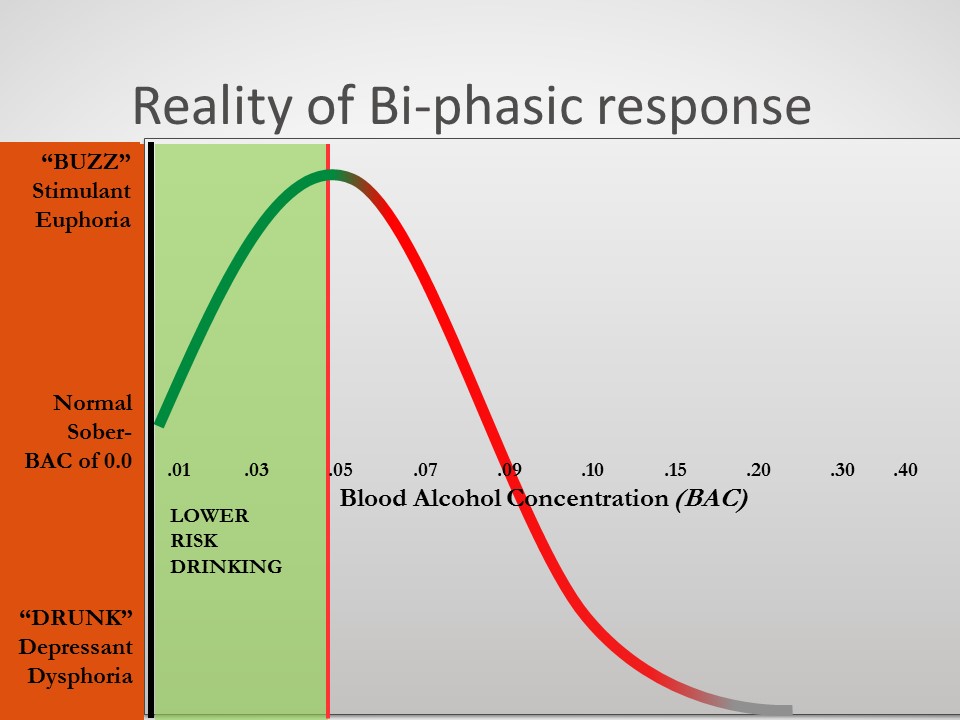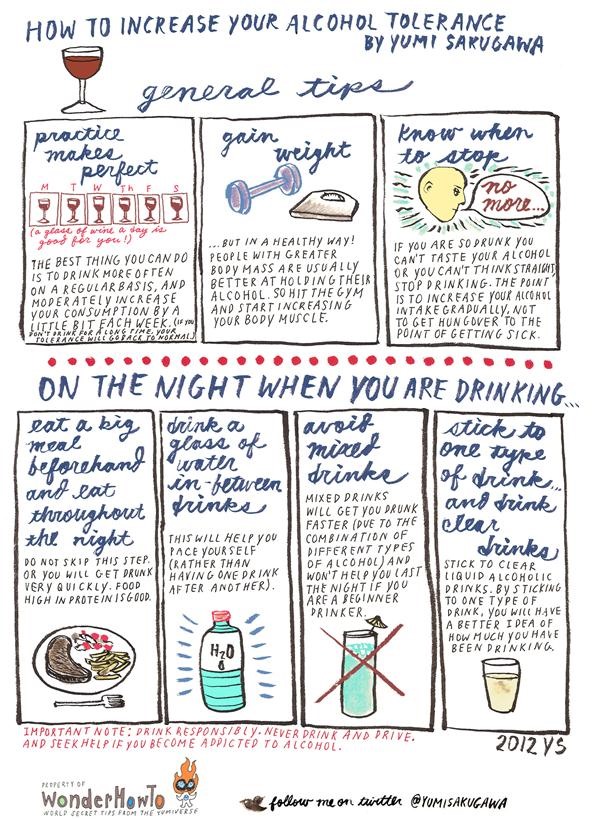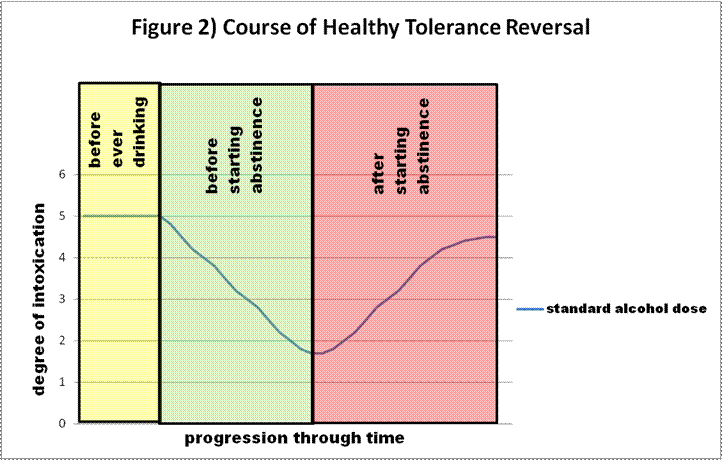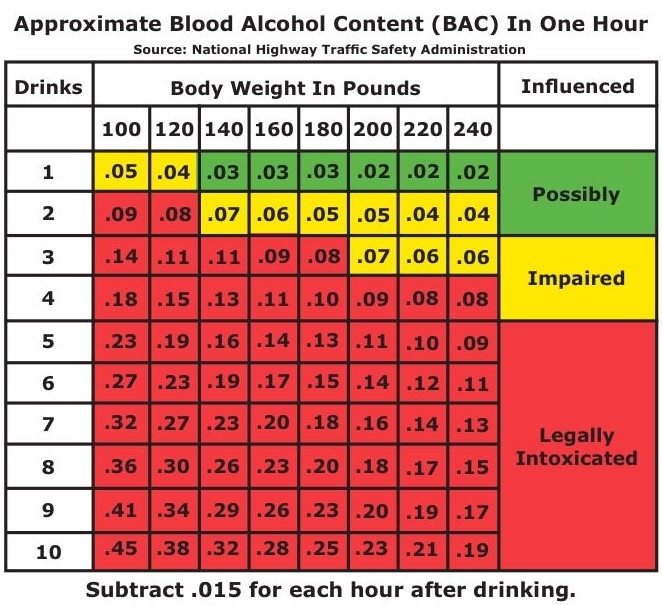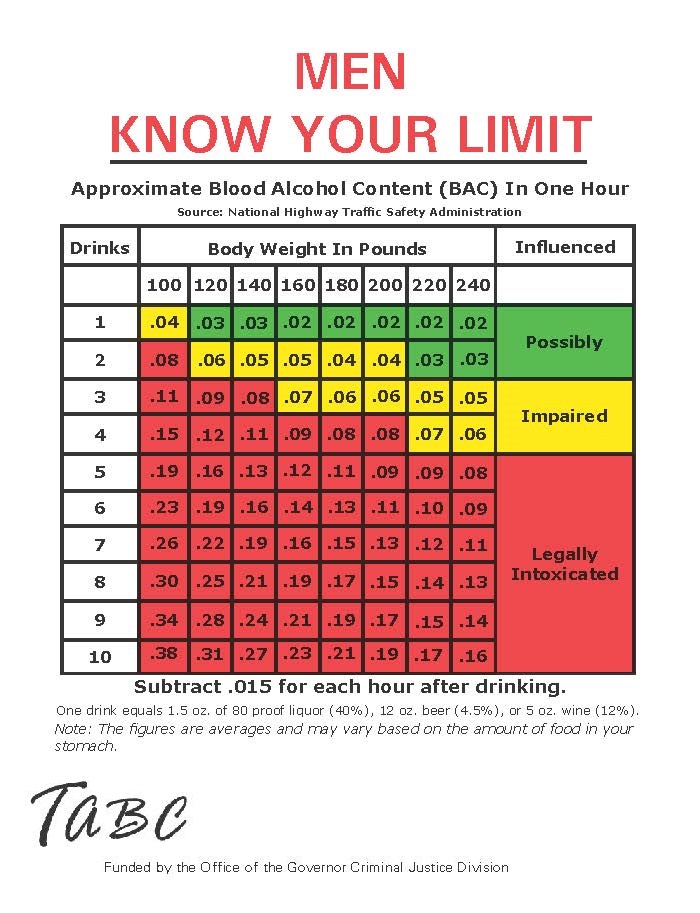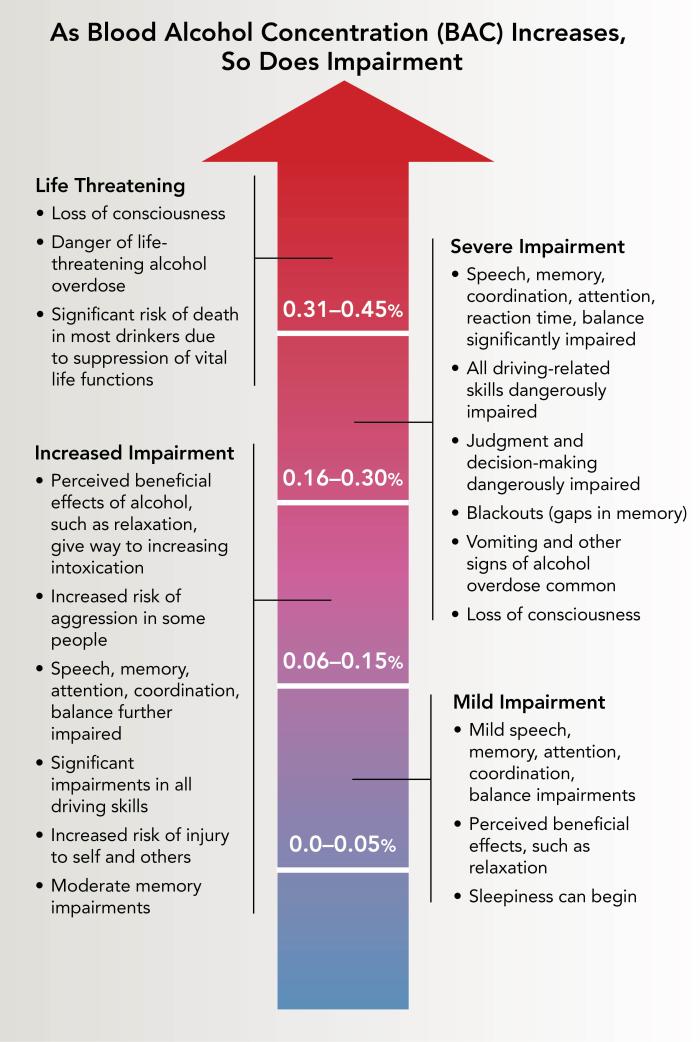What Everybody Ought To Know About How To Lower Alcohol Tolerance
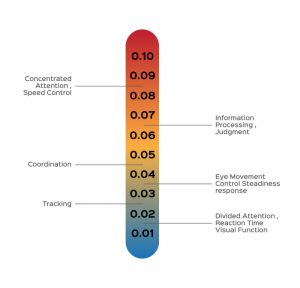
As the best way to avoid getting drunk is to monitor your alcohol consumption and make sure you are drinking responsibly.
How to lower alcohol tolerance. However, there are certain things you can do to help yourself stay. Alcohol intolerance is caused by a genetic condition in which the body can't break down alcohol efficiently. The only way to prevent these uncomfortable reactions is to avoid.
Regardless of the reason and goal, 30 days of abstinence is the best way to start. Usually there are other factors in play, and something else is going on e.g. The human body eliminates alcohol at a roughly.
So can antidepressants, exercise, therapy, aa, smart recovery and a ton of other things. Phenibut, baclofen, gabapentin and lyrica can help you quit drinking and stay away from alcohol. The good news is that there’s plenty you can do to reduce your alcohol tolerance again.
It is well known in aa circles that for an alcoholic anyway, if you have quit, no matter if. How much you eat before you drink, how hydrated you are and what you are drinking. If you drink daily, then it might take longer, or you may never reset your tolerance completely.
Go cold turkey for a couple of weeks and your tolerance will drop. Start by trying to stay below the uk cmos' low risk drinking guidelines of not regularly drinking more. The only way to avoid alcohol intolerance symptoms or an allergic reaction is to avoid alcohol or the particular beverage or ingredients that cause the problem.
Lots of factors at work here. Even if the goal is to cut down, abstinence can assist with lowering tolerance to ease moderation of use, and. Chronic drinkers have an increase in liver enzymes that break down alcohol.

